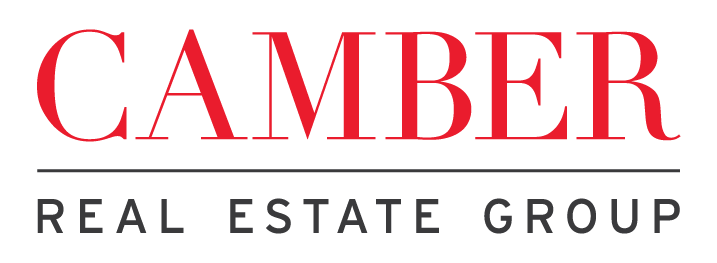First-Time Condo Buyers
By admin | Toronto Condos , Toronto Lofts
I am always looking for new resources to help me guide my clients through their purchases and sales. More often than not, first-time buyers will be full of questions as they face their single largest purchase.
What’s a status certificate?
It’s a set of documents that gives you the overall financial picture of the condominium. Buyers need to understand that they’re not just buying a space, but part of a corporation. Every condo corporation has a status certificate and is required by the Condominium Act to issue it to someone who requests it in writing and pays $100. It sets out whether the corporation has unpaid debt, what its common expenses are and whether it is contemplating special assessments. It also sets out the reserve fund, which is the building’s extra money for doing repairs down the road.
What’s a special assessment?
Your monthly maintenance fees go to common expenses, but if the corporation has expenses it can’t meet based on those fees, it can issue a special assessment. Say all of a sudden there was some repair that wasn’t anticipated. If it costs $100,000, every owner pays a percentage of that.
Pre-construction condos don’t have status certificates. What then?
After you buy a new condo, there’s a 10-day period during which you can get out of the agreement. That’s when it’s a good idea to have a lawyer review it.
Why do new condos have two closing dates?
The first stage is when the unit is ready to be occupied. It doesn’t mean the [rest of the] building is completed, and your unit may have certain deficiencies, but the city says it can be occupied. So there’s an occupy closing, where you usually pay another deposit. You also start paying occupancy fees, which don’t go to your mortgage—they go to the developer. They’re made up of three parts: a component based on your maintenance fee, your estimated property tax and the interest on your unpaid balance. A lot of buyers don’t know they need money up front for occupancy fees, or to hire a lawyer for two closings.
Approximately 30 days after the building is registered, you have a final closing. That’s when you pay the balance of your purchase price and various adjustments. Again, a lot of people don’t know they’re responsible for additional adjustment costs. If a lawyer did that initial review, they might have been able to negotiate or at least explain what those costs were.

